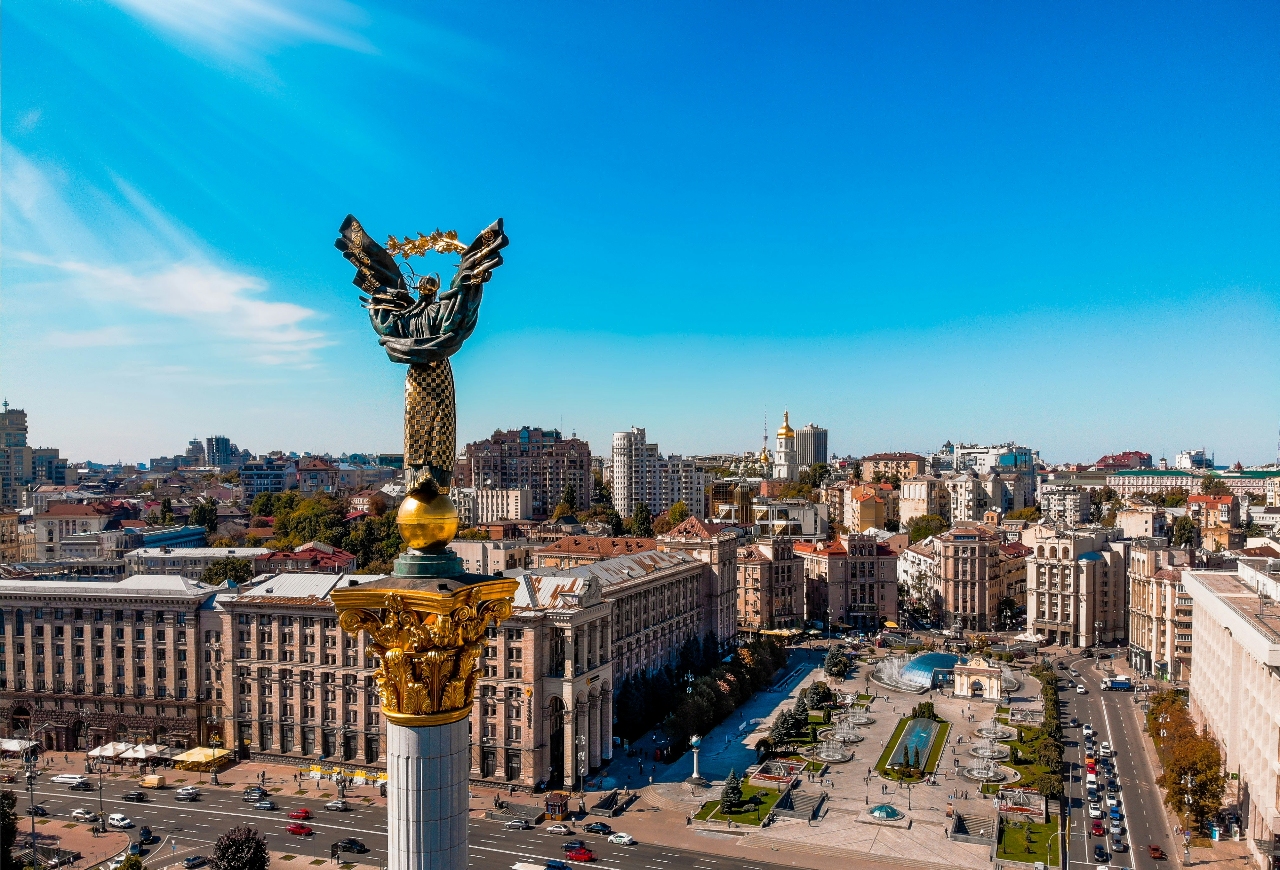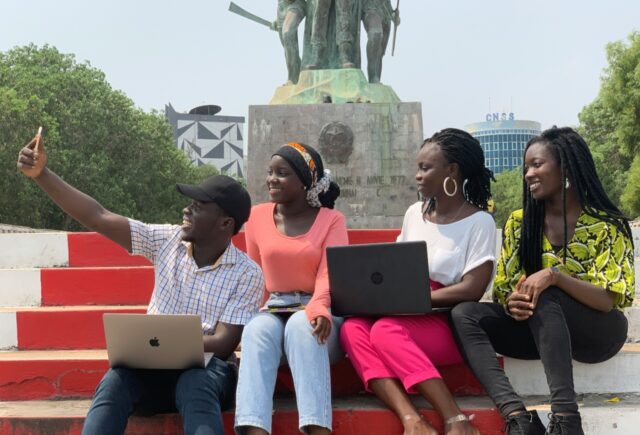The European Investment Bank has provided €55m in EU guarantee-backed funds under the Ukraine Recovery Programme to reconstruct critical social infrastructure in 2025 and beyond.

The European Investment Bank (EIB) has provided €55m in EU guarantee-backed funds under the Ukraine Recovery Programme to reconstruct hospitals, social housing, educational facilities, heating, water and waste systems, and other critical social infrastructure in 2025 and beyond.
The Ukraine Recovery Programme is a €340m EIB framework loan, which is a type of flexible loan used to finance an investment programme consisting of many smaller projects. It is being supported by an EU technical assistance grant and aims to help communities rebuild vital social infrastructure destroyed by the ongoing war in Ukraine.
The €55m can be put towards any of the 151 sub-projects allocated under the programme across the Vinnytsia, Dnipropetrovsk, Zhytomyr, Kyiv, Kirovohrad, Mykolaiv, Odesa, Poltava, Sumy, Kharkiv, Cherkasy and Chernihiv oblasts.
Teresa Czerwińska, vice-president of the EIB who oversees the Bank’s operations in Ukraine, told Impact Investor that investing in social infrastructure during the ongoing war is vital for maintaining essential services, strengthening community resilience, and driving economic recovery by creating jobs and supporting local economies.
Investing in wartime

Impact Investor previously interviewed the International Committee of the Red Cross about the importance of investing during times of conflict.
Czerwińska said that the EIB, together with its EU partners, was setting a strong example, that investing during wartime – while risky – is both necessary and achievable.
“Infrastructure gaps in municipal, energy and transport sectors if not addressed, will deter private investment and overall competitiveness,” she said.
“By providing adequate infrastructure, [including] secure and affordable energy, efficient transport, reliable municipal services, we [can] provide the foundation for private sector investment and inspire confidence among private companies, emphasising that collective efforts are essential to laying the foundation for Ukraine’s reconstruction and longer-term economic recovery.”
Successful projects in 2024
The Ukraine Recovery Programme is being implemented by the Ministry for Development of Communities and Territories of Ukraine in cooperation with the Ministry of Finance, with local authorities managing recovery sub-projects and the United Nations Development Programme in Ukraine providing technical assistance to support fast implementation.
The EIB said that in 2024, several sub-projects had been successfully completed under the programme, including a water supply facility in Bucha, Kyiv Oblast, two schools in Vinnytsia Oblast, a paediatric infectious disease department in Zhytomyr Oblast, and most recently, a sewer pressure collector in Zhmerynka, Vinnytsia Oblast.
The sewer collector was completed on Christmas Day at a cost of €526,000, which involved the rebuilding of a 2.64 kilometre sewer pipeline with durable pipes and advanced sensors. The EIB said the upgrade would ensure reliable wastewater transport for the next 50 years and would benefit over 33,000 residents, including 4,000 displaced people because it would improve sanitation, public health and environmental protection.
Czerwińska explained that the EIB, together with the EU, had been supporting recovery efforts in conflict-affected communities in Ukraine since 2014.
“With the full-scale war that started in 2022, increasing the pace of construction despite immense challenges, such as manpower shortages and power outages, has been a remarkable achievement,” she said, adding that the EIB recovery programmes in 2024 had significantly improved the lives of thousands and strengthened local communities.
EIB recovery programme in Ukraine
Overall, the EIB is investing in three recovery programmes totalling €640m, which are being complemented by up to €15 million in EU grants. These programmes are aimed at empowering Ukrainian communities to restore social infrastructure and improve living conditions for their people and the internally displaced persons they host.
Czerwińska explained the three recovery programmes were successive phases of an agreement with the Ukrainian government initiated in 2014, extended in 2020 and further topped up in 2024.
“We plan to sign another loan soon. Of course, each new loan builds on previous experience and lessons learned,” she said, stating that together with their Ukrainian partners and the EU, the EIB had created a fast and well-functioning mechanism for aiding Ukraine’s reconstruction and recovery efforts.
“Together, these programmes enable local communities to restore and renew critical social infrastructure, such as schools, healthcare facilities, heating systems, water, and wastewater services, addressing urgent recovery needs while also laying the groundwork for long-term sustainability and resilience.”





